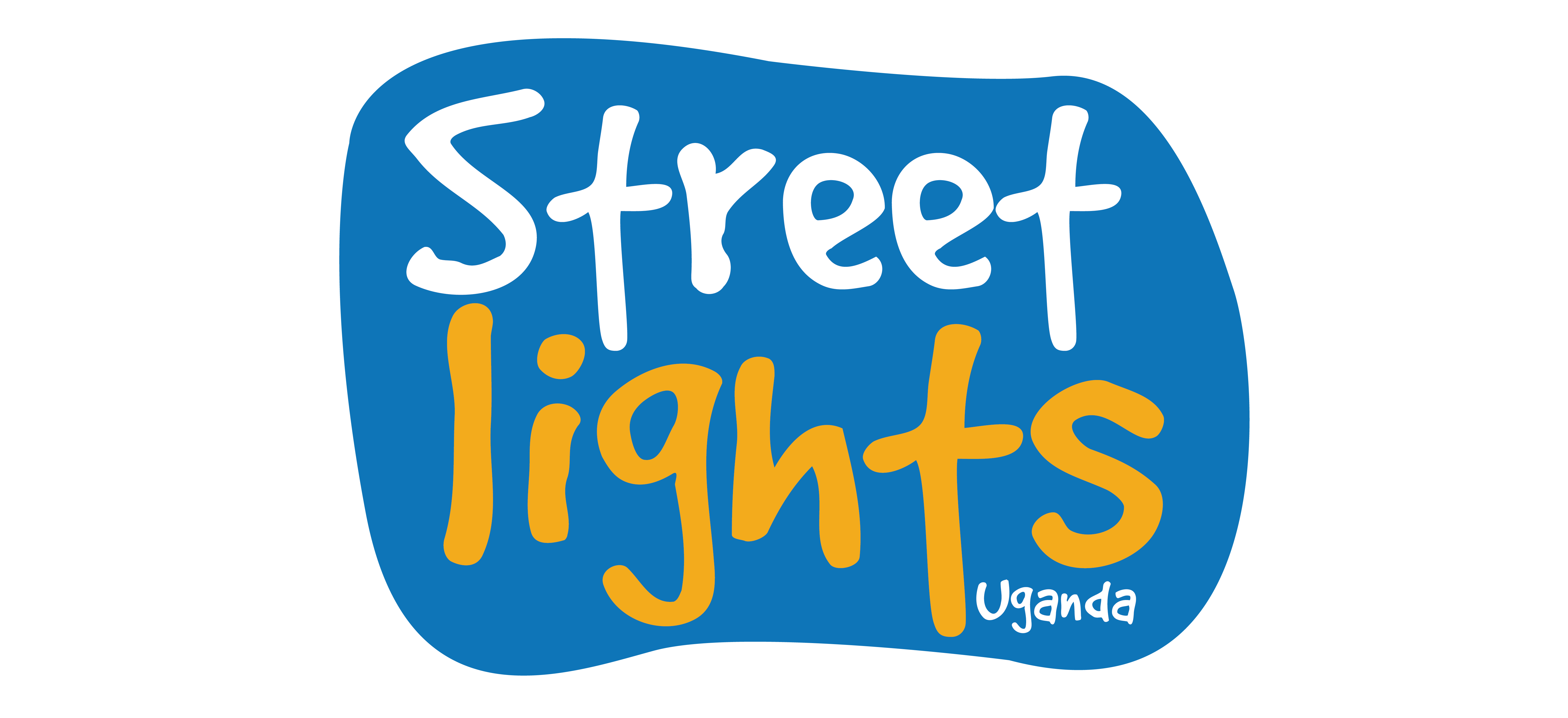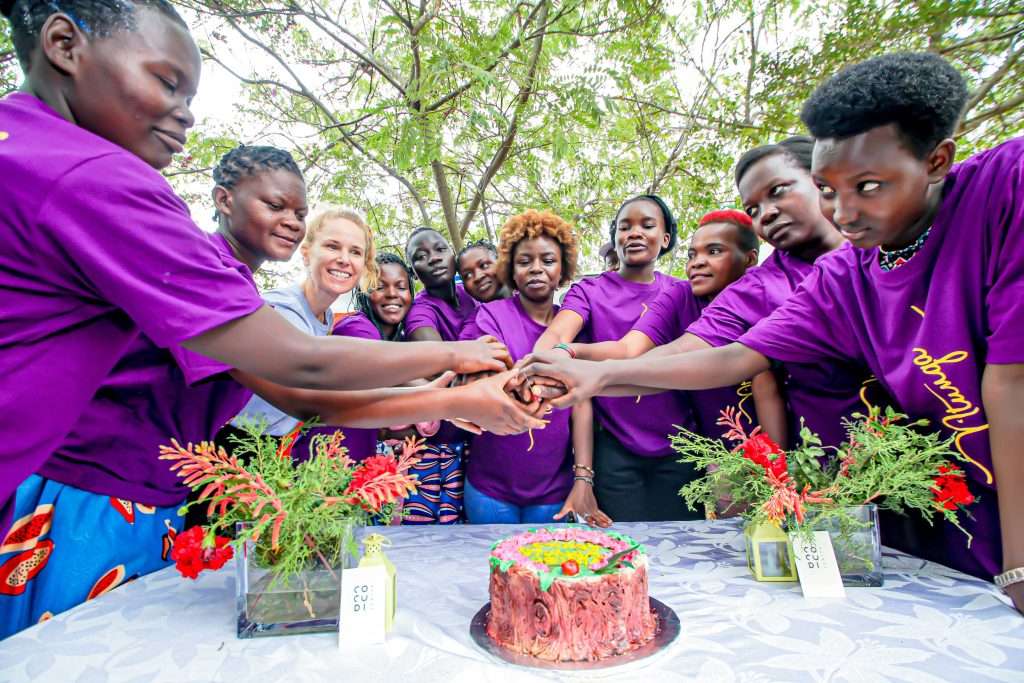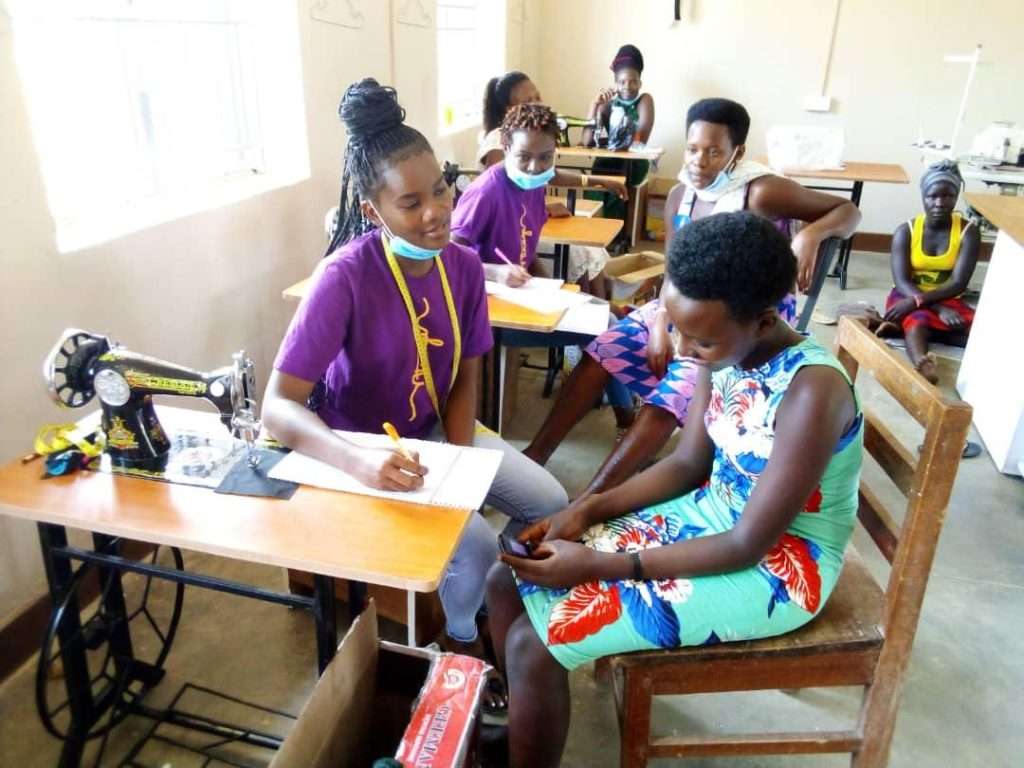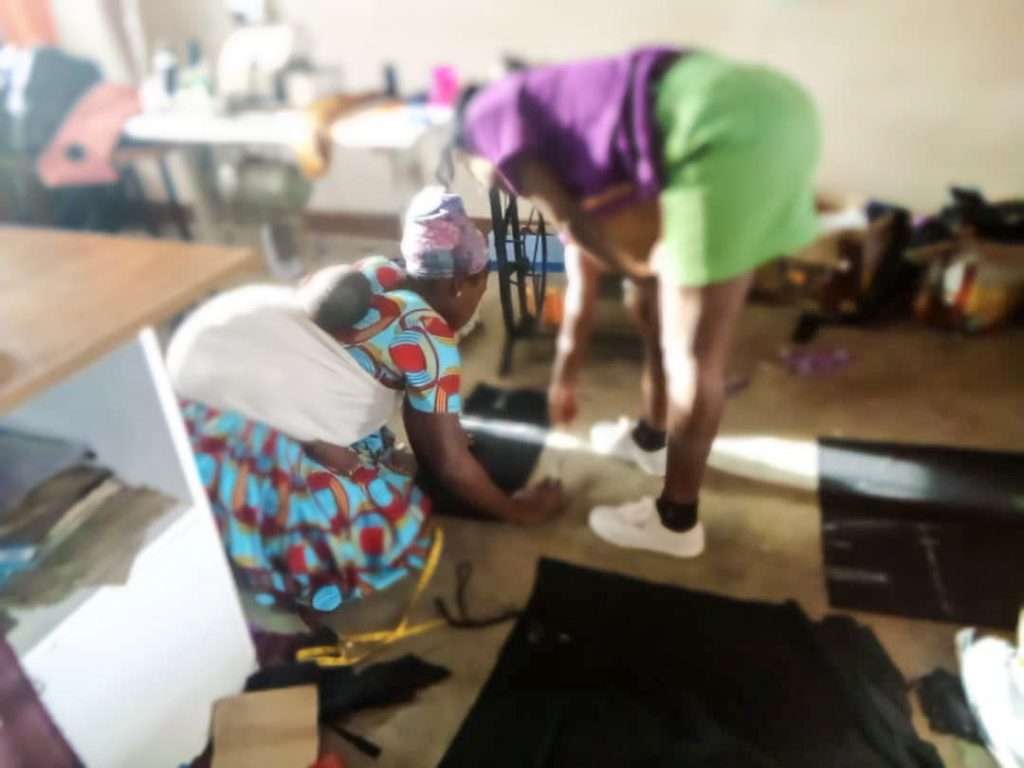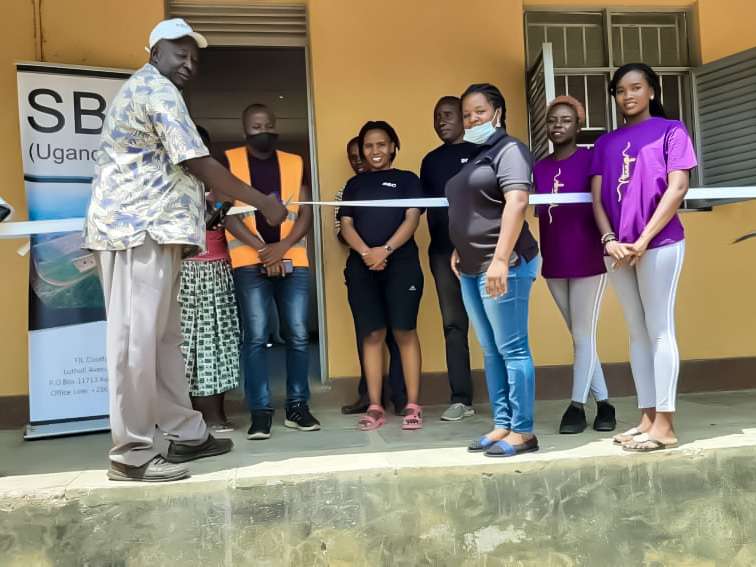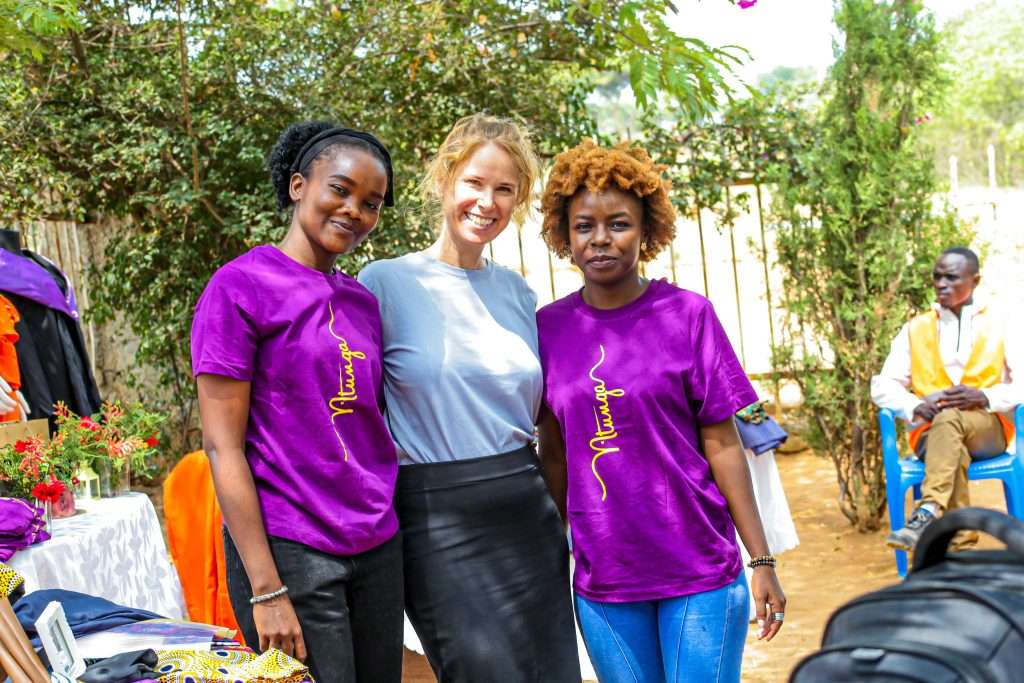Women empowerment through sewing and fashion design skills – a female-led women empowerment program by CoCuDi Center and Streetlights Uganda
The Ntunga program mentors underprivileged women through sewing and design vocational skills. Ntunga (“am sewing” in Luganda) allows them to increase their incomes, support their families, and invest in their children’s education. They learn to use a sewing machine, design different garments and products creatively, and sustain their new livelihood beyond the training period.
Thank you
Business partnerships and community support are integral to the program’s success and lasting impact. We thank all those who have walked with us and supported our training centers and graduates, and also extend our thanks to those who are interested in learning more about and partnering with Ntunga. Welcome to our page.
Objectives
The Ntunga program aims to meet the following objectives:
- Provide valuable work experience and income to young graduates from Ugandan design colleges and Ntunga program alumni by offering trainer roles and stipends.
- Create the basis for participants’ additional incomes through sewing and business skills.
- Invest in participants’ personal development through creativity and community.
- Sustain small business entrepreneurship of graduates through bulk orders and reduce dependency on individual customers by meeting business needs.
Background
Failing family incomes often force children out of school and unto the streets. Strengthening mothers in providing social and economic backing reduces the steady increase of street-connected children.
In 2017, talented art and design graduates from the Streetlights Uganda team founded the first Ntunga sewing center in the Kibuli slum to empower marginalized women whose children are vulnerable to search for a better life on the streets.The center succeeded in providing sewing and design skills and creating a mutually supportive community. At the same time, it became clear that business partnerships were crucial for translating vocational skills into sustainable livelihoods.
In 2021, a business partnership with SBI allowed CoCuDi Center and Streetlights Uganda to start the Ntunga women empowerment program in the Hoima district with its first pilot cohort. In consultation with community leadership, Ntunga has selected single mothers and women at risk of social exclusion to join their cohorts.
Video credit: Ntunga program
Training model
At the core of the Ntunga program lies a 6-months intensive course taught by leading local artists and designers from the Streetlights Uganda team. Participants acquire skills in tailoring, design, and business relations, work on independent projects, and receive mentorship.
Ntunga is a female-led program that deploys only women trainers to empower young female graduates from Ugandan design colleges and safeguard program participants.
Ntunga strongly focuses on sustainable livelihoods beyond the training period: graduates receive a graduation package, have access to equipment outside training hours, and receive assistance in procuring high-quality materials. Most importantly, the Ntunga implementing partners work to secure orders from business customers.
Business partnership model
Our business partners benefit from the following deliverables:
- Take part in achieving a tangible impact on participants’ and trainers’ livelihoods (see below)
- Receive picture and story material for corporate social responsibility campaigns
- Gain the opportunity to integrate corporate textile requirements (i.e., custom-made work uniforms) into the training period
- Save procurement expenses from direct sourcing of uniforms through assisted bulk orders
Impact
We make a lasting impact on women’s livelihoods by building our Ntunga centers in Hoima and Kibuli on business partnerships, a train-the-trainer methodology, and a strong focus on program graduates’ engagement. We achieved the following impact in 2021-2022:
- Trainers – two young Ugandan fashion design graduates and a Ntunga program alumni gained valuable work experience as Ntunga trainers.
- Skills – twenty women in the Hoima district community learned to sew well, nine of which were mothers.
- Productivity – during lockdowns, over 100 handmade masks were sold within the community, and 840 masks were supplied to SBI. Beyond that, graduates mastered workers’ overalls.
- Sustainability – many graduates continue to use the onsite sowing equipment to fashion various textile products for sale.
Video credit: Ntunga program
Next steps
Because of the visible successes with the first cohort pilot in Hoima, we are continuing the model with a second cohort in the Hoima district and rolling it out to participants at the Kibuli center. A third cohort is planned to begin in the Hoima district within 2023.
Additionally, we seek to replicate the Ntunga model in other areas. Enlarging the geographic scope by opening an additional training site in Karamoja is a priority for 2023. Likewise, another focus is expanding our centers’ skill profile and product palette into textile printing and embroidery.
Within the next two years, we are working to have three fully operational centers with strong business partnerships and ongoing bulk orders that can sustain stable incomes for program graduates on the long run.
Aspirations
Since opening the Hoima center in 2021, the program team has successfully overcome challenges such as excess training participants, limited resources, and interruptions due to COVID-19 lockdowns. And its participants and graduates have excelled in their skills and begun benefitting from their new livelihood.
Click on the video on the right and listen to what they have to say. →
Video credit: Ntunga program
Support
We are currently searching for additional business partners for our training centers. Please be in touch with Tamar Dekel (tamar@cocudi.org) and Maria Erhard (maria@cocudi.org) if you are interested or want to know more.

